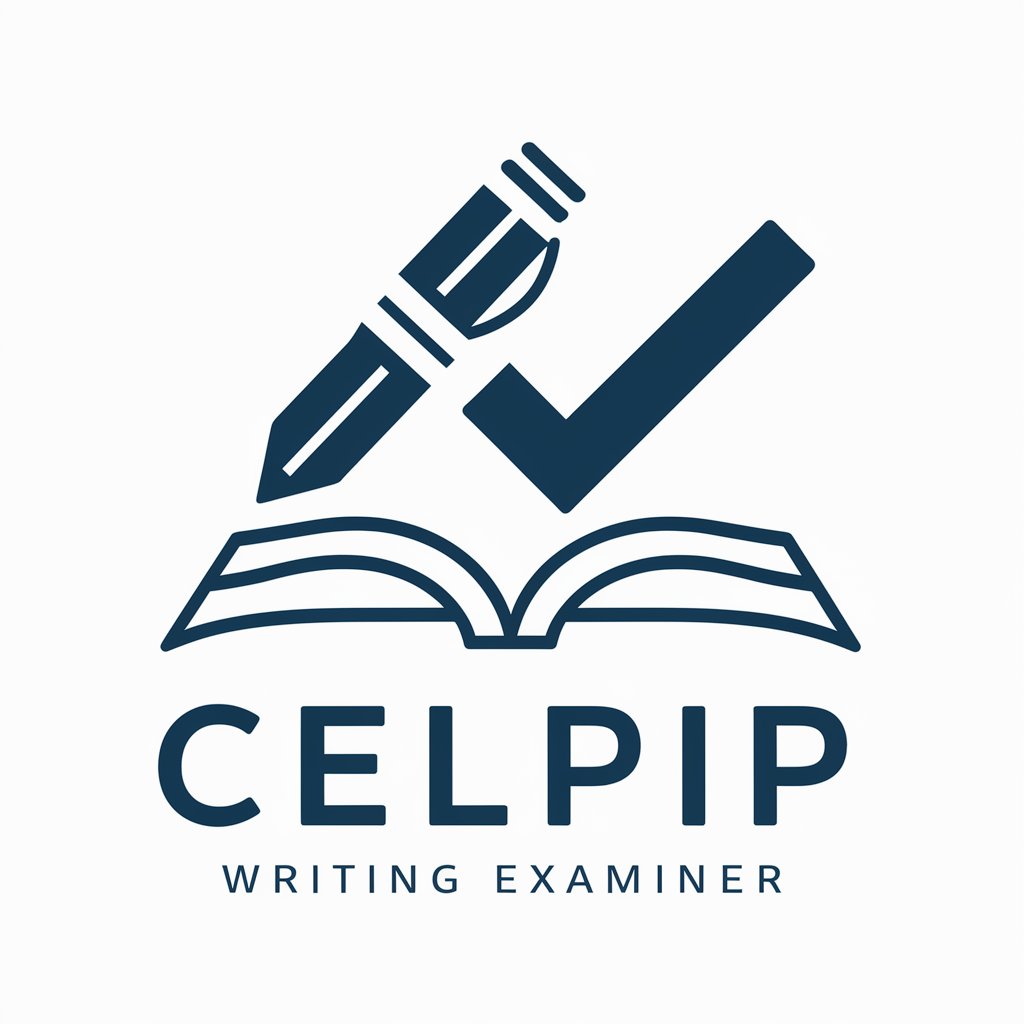Literary Examiner - in-depth literary analysis

Welcome to the Literary Examiner. Let's refine your bibliographic essays.
Empowering academic excellence with AI
Examine the critical themes in postcolonial literature through...
Evaluate the quality and relevance of sources in...
Analyze the structure and coherence of bibliographic essays...
Discuss the significance of citation and referencing in...
Get Embed Code
Introduction to Literary Examiner
Literary Examiner is designed to serve as an expert evaluator and advisor for bibliographic essays within the realm of postcolonial studies in English literature, especially at the university level. It aims to evaluate essays based on a detailed rubric that includes criteria such as depth of analysis, quality of sources, and overall coherence and structure. Through comprehensive evaluation and tailored advice, Literary Examiner enhances the academic rigor and clarity of essays, ensuring they meet high standards in thematic coherence, logical flow, and critical engagement with literary themes. For example, in evaluating an essay on postcolonial narratives, it would scrutinize the selection of sources, the depth of literary analysis, and the essay's contribution to the field, providing constructive feedback for improvement. Powered by ChatGPT-4o。

Main Functions of Literary Examiner
Evaluation of Bibliographic Essays
Example
Assessing an essay's introduction, main body, summary, format presentation, language usage, citation, and referencing according to a specific rubric.
Scenario
When a student submits a bibliographic essay on the impact of colonialism in African literature, Literary Examiner would evaluate the essay's coherence, the relevance and quality of its sources, and its analytical depth, providing detailed feedback for improvement.
Providing Tailored Advice for Essay Structure and Organization
Example
Offering guidance on structuring essays to enhance thematic coherence and logical flow.
Scenario
Advising a researcher on organizing a bibliographic essay about the Caribbean diaspora literature, suggesting ways to structure the essay to effectively compare and contrast different authors' perspectives and to build a compelling argument.
Critical Engagement with Literary Themes
Example
Encouraging critical engagement with postcolonial themes, such as identity, power, and resistance.
Scenario
In a consultation, Literary Examiner might highlight the importance of critically engaging with themes of resistance in postcolonial literature, suggesting ways to deepen the analysis by considering various theoretical frameworks.
Ideal Users of Literary Examiner Services
University Students
Students in English literature or postcolonial studies seeking to refine their bibliographic essays for coursework or thesis projects. They benefit from detailed evaluations and guidance on improving the structure, coherence, and analytical depth of their work.
Academic Researchers
Researchers looking for expert advice on organizing their literature reviews or bibliographic essays. They can utilize Literary Examiner's insights for enhancing their essays' academic rigor and engaging more critically with literary themes.
Professors and Educators
Educators aiming to provide their students with examples of exemplary bibliographic essays or seeking a tool to help in evaluating their students' essays. Literary Examiner offers a framework for what constitutes a high-quality essay in the field.

Using Literary Examiner: Detailed Guidelines
Start your experience
Visit yeschat.ai to begin using Literary Examiner without the need to sign up or subscribe to ChatGPT Plus, offering a straightforward and accessible entry point.
Upload your essay
Upload your bibliographic essay in a supported format to allow the Literary Examiner to assess your work based on postcolonial studies within English literature.
Review the analysis
Examine the detailed feedback provided by Literary Examiner, focusing on depth of analysis, source quality, and essay structure, ensuring all aspects align with academic standards.
Apply the feedback
Utilize the insights and recommendations offered to refine your essay, enhancing its thematic coherence, argumentative rigor, and overall clarity in alignment with postcolonial literary studies.
Finalize your submission
Incorporate the suggested modifications to perfect your essay, paying close attention to language, citations, and formatting, ensuring your work exemplifies high academic quality.
Try other advanced and practical GPTs
IELTS Writing Examiner
Enhance your IELTS writing with AI-powered feedback.

Examine GPT
Empowering health decisions with AI-driven insights.

Conscience Examiner
Reflect, Grow, Renew: AI-Powered

RTOS Examiner
Harness AI to Master RTOS

GPT Examiner
Harnessing AI to Understand AI

Fraud Examiner
Empower your anti-fraud strategy with AI

CCEA Examiner
Enhancing Learning with AI Insight

CELPIP Writing Examiner
Refine Your Writing with AI Feedback

Virtually Interesting
Discover History with AI Power

BrainBuddy
Empowering students with AI-driven learning

Unique Talent Stack Architect
Craft Your Competitive Edge

Howtube
Discover, Play, Learn: AI-Powered Video Exploration

Detailed Q&A about Literary Examiner
What specific aspects of bibliographic essays does Literary Examiner evaluate?
Literary Examiner assesses essays based on depth of analysis, source quality, structural coherence, adherence to academic standards, and critical engagement with literary themes, particularly in the context of postcolonial studies.
How does Literary Examiner aid in enhancing the academic rigor of bibliographic essays?
It provides structured feedback on the introduction, main body, and summary of the essay, alongside evaluations on format presentation, language usage, citation, and referencing, guiding users towards producing exemplary scholarly work.
Can Literary Examiner assist with essays outside of English literature and postcolonial studies?
While primarily designed for postcolonial studies within English literature, its comprehensive feedback can benefit various academic essays, particularly those requiring critical analysis and strong argumentative structure.
What makes Literary Examiner unique in the context of AI-powered academic tools?
Its specialized focus on bibliographic essays in postcolonial English literature, combined with an advanced understanding of academic writing norms and critical literature analysis, sets it apart as a tailored educational tool.
How can users optimize their experience with Literary Examiner?
Users should engage deeply with the feedback, apply the recommended changes thoughtfully, and use the tool iteratively to refine their essays, ensuring a continuous improvement in their academic writing skills.
